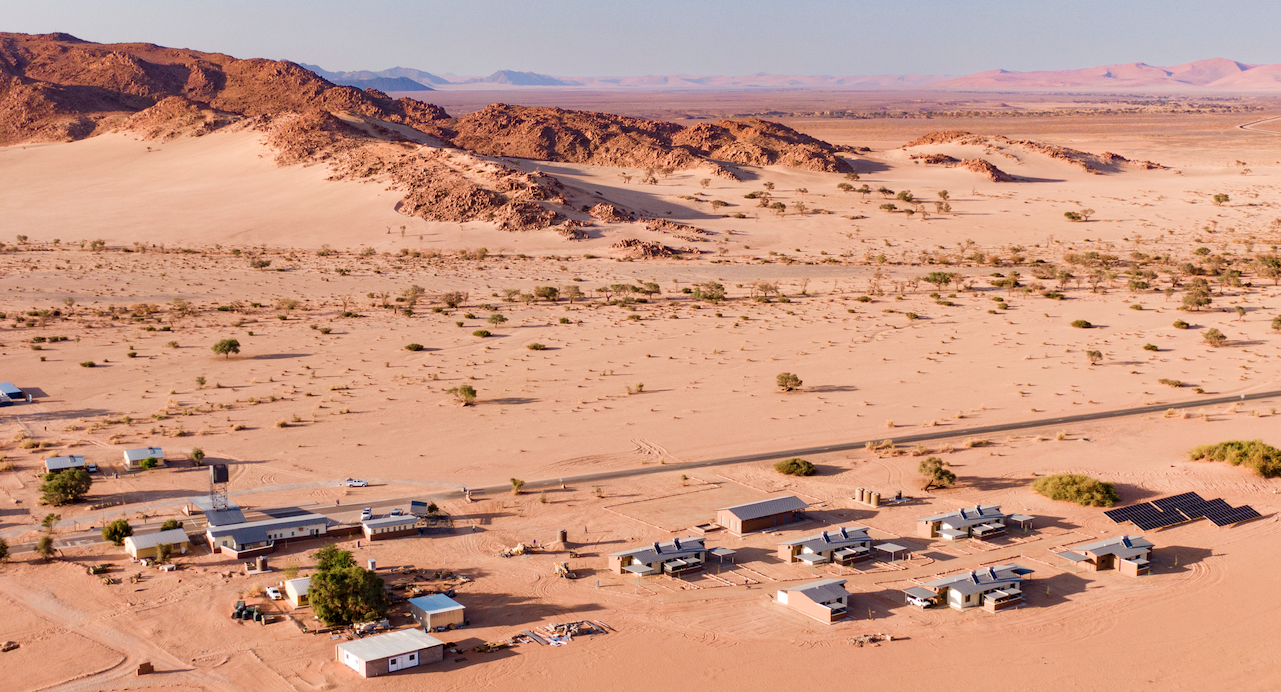Germany supports Namibia with a EUR 3 million grant to establish a Sustainable Financing Mechanism for Namibia’s state-protected areas

the National Planning Commission (NPC) of Namibia together with the Ministry of Environment, Forestry and Tourism (MEFT) and KfW Development Bank (KfW), on behalf of German Development Cooperation, signed a grant agreement to the value of EUR 3 million (equivalent to approx. NAD 60 million) to establish a Sustainable Financing Mechanism to support Namibia’s state-protected areas (national parks).
The financial contribution complements the MEFT’s own budget allocation via the Game Products Trust Fund (GPTF) towards its state-protected area network. The funds are earmarked for the sustainable management of Namibia’s 20 national parks with the aim of contributing towards the conservation of Namibian biodiversity and functioning ecosystems while at the same time improving rural livelihoods and local incomes.
Communities adjacent to protected areas and those living in the managed resource use zones of specific protected areas will, through their community-based natural resources management structures, benefit from improved protected area management of the national parks through the implementation of tourism concessions, improved human-wildlife conflict management and other targeted conservation management interventions. Furthermore, new income opportunities from nature-based tourism, sustainable value chains and biodiversity-related job creation will result from enhanced park management guaranteed via means of sustainable finance interventions.
Namibia has made considerable efforts to protect its natural environment and its resources and has placed large parts of its country under formal protection. All national parks are of great economic, social, and ecological importance. They provide sources of livelihood for Namibians in many respects and are important for the region as such and for all of mankind. With an innovative approach referred to as “Integrated Park Management”, the MEFT seeks to achieve biodiversity conservation on the one hand and poverty reduction through job creation via tourism on the other. Communal conservancies and local communities are involved in the planning, development and management of the national parks and protected areas and are thus given incentives to manage Namibia’s natural resources sustainably.
As a result of the COVID-19 pandemic, the sustainable management of Namibia’s national parks has become increasingly challenging. KfW, on behalf of German Development Cooperation, together with the MEFT has financed substantial infrastructure investments in several national parks through the Namibia National Parks Programme (NamParks). The sustainability of these investments and the long-term operation of Namibia’s national parks and the wider state-protected area network need to be ensured via sustainable financial support. German Development Cooperation 1990 – 2024 From 1990 until present, the funding provided to Namibia as part of German Development Cooperation (grants and loans) amounts to approx. EUR 1.6 billion (approx. NAD 32.3 billion). The KfW portfolio under current implementation comprises over 40 projects with a total funding volume of EUR 788.6 million (approx. NAD 15.4 billion), while future projects with a total funding volume of approx. EUR 123 million (approx. NAD 2.4 billion) are under preparation.